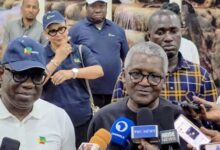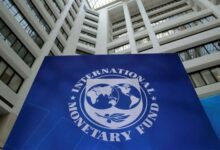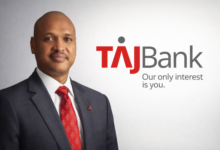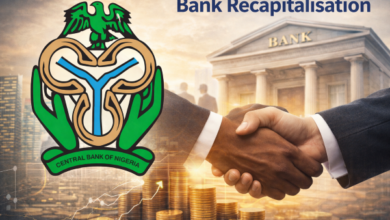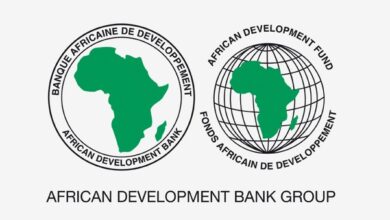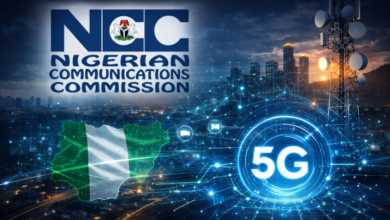Adesina to Nigeria: Embrace Bold Reforms or Miss the Future

Dr. Akinwumi Adesina, President of the African Development Bank (AfDB) and one of Africa’s foremost economic visionaries, has issued a clarion call for Nigeria to reject the status quo of underdevelopment and radically reshape its economic destiny. Speaking during the 20th anniversary dinner of investment banking powerhouse, Chapel Hill Denham, Adesina delivered a blistering but insightful diagnosis of Nigeria’s economic ailments and a roadmap to recovery.
A Nation at the Crossroads: Why 2050 Must Be a Vision, Not a Mirage
“Nigeria belongs in the league of developed nations,” Adesina declared, urging the country’s leadership to shed the limiting beliefs and complacency that have kept the nation punching below its economic weight. With its population projected to surpass 400 million by 2050, Nigeria cannot afford to drift. According to Adesina, that future must be deliberately crafted — or risk being squandered.
Despite being Africa’s largest economy by GDP, Nigeria’s development indicators tell a sobering story. The country’s GDP per capita—once higher than South Korea’s in 1960—has collapsed from $1,847 at independence to just $824 today, according to Adesina. By contrast, South Korea, which was once at a similar developmental stage, now boasts a GDP per capita of $36,000. The implication is clear: Nigeria’s stagnation is self-inflicted.
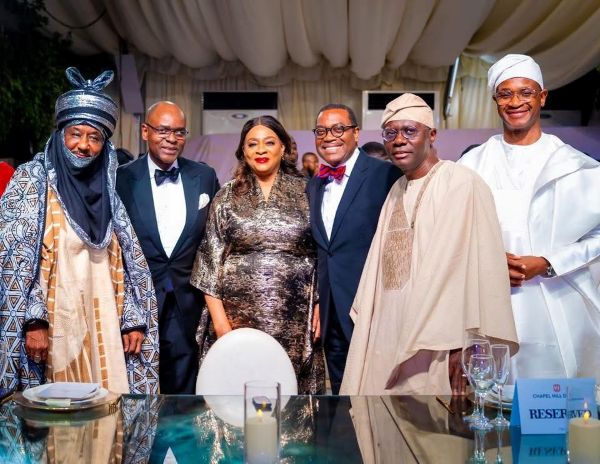
“Underdevelopment should not be accepted as our destiny. We must break free from this pattern,” Adesina challenged.
Policy Failures, Weak Institutions, and the Oil Trap
Adesina did not mince words. He blamed Nigeria’s economic decline on a cocktail of decades-long policy missteps, fiscal indiscipline, institutional decay, and most critically, an unhealthy dependence on crude oil exports. These structural flaws have not only stalled diversification but also exposed the country to global commodity price shocks.
For investors and business leaders, this analysis reinforces the urgent need for policy consistency, regulatory reforms, and governance upgrades to attract capital and retain confidence in Nigeria’s macroeconomic direction.
The Way Forward: Five Strategic Pillars for Transformation
In what can only be described as a blueprint for Nigeria’s rebirth, Adesina outlined five key priorities that could serve as pillars of national renewal:
- Universal Access to Electricity – Power is the oxygen of modern economies. Without it, industrialisation remains a mirage.
- Massive Investment in Quality Infrastructure – Ports, roads, and rail systems must be upgraded to unlock productivity and facilitate trade.
- Accelerated Industrialisation – Nigeria must move beyond exporting raw materials to building globally competitive manufacturing hubs.
- Innovation and Technology-Driven Growth – Digital transformation and knowledge economies should be at the heart of policy planning.
- Globally Competitive Agriculture – Agro-industrial value chains can reposition Nigeria as a food-secure, export-oriented nation.
Adesina cited the Dangote Refinery as a shining example of private-sector-led industrial transformation and encouraged greater mobilisation of pension funds, diaspora capital, and private equity to finance national development.
Nigeria’s Economic Identity Crisis
What Adesina’s address really underscores is Nigeria’s ongoing identity crisis — a nation of immense potential held back by structural inertia. From monetary policy volatility to inconsistent investment laws, the country has often sent mixed signals to both local and international investors. For Nigeria to evolve into an economic juggernaut, it must commit to execution over rhetoric.
As the global economy shifts toward digitalisation, green energy, and regional trade blocs, Nigeria’s window of opportunity narrows. The question is no longer whether reforms are needed — it is whether the political and business class has the courage and discipline to drive them.
Adesina’s speech is not just a wake-up call. It is a strategic memo to policymakers, investors, and citizens alike: the time to reshape Nigeria’s future is now — or never.


